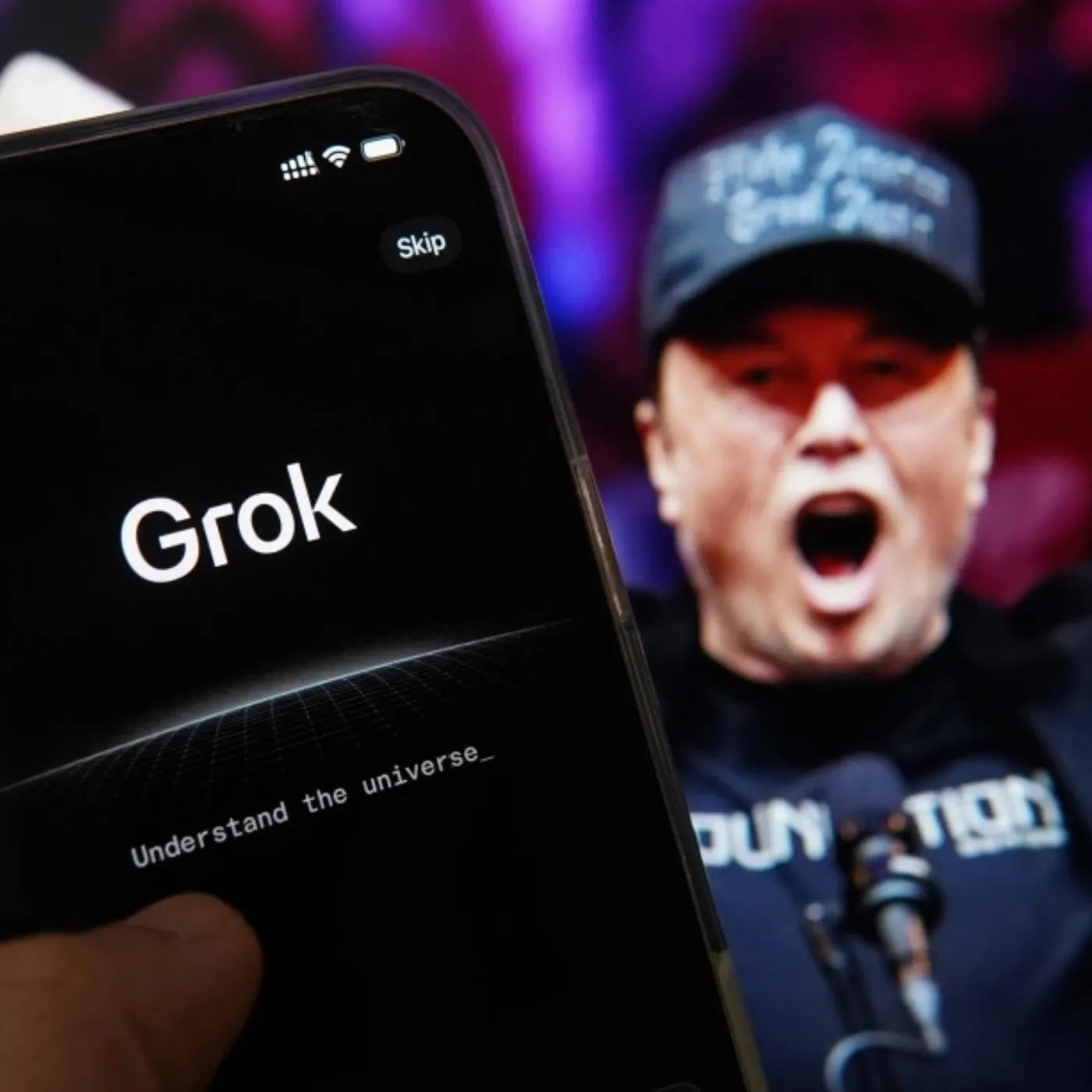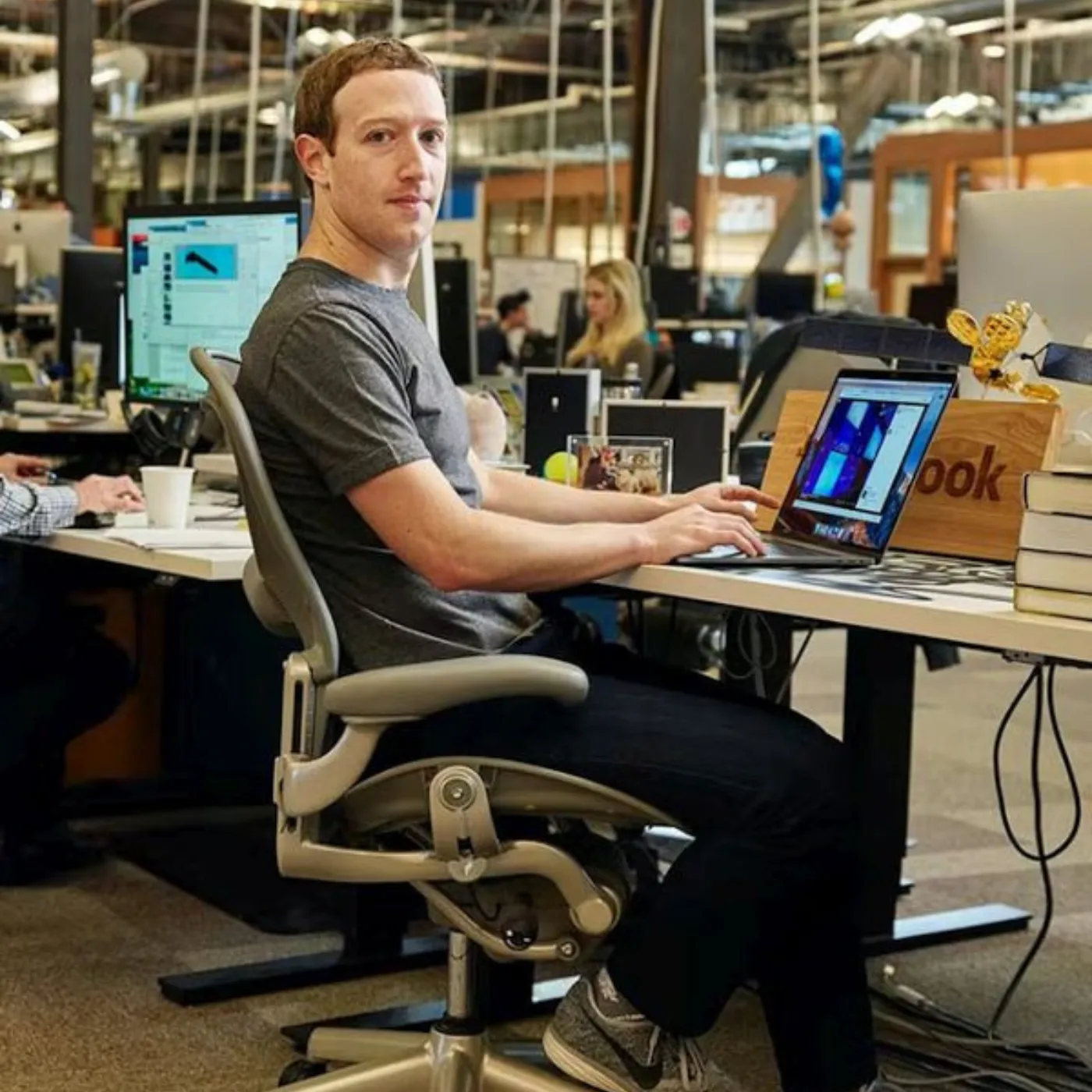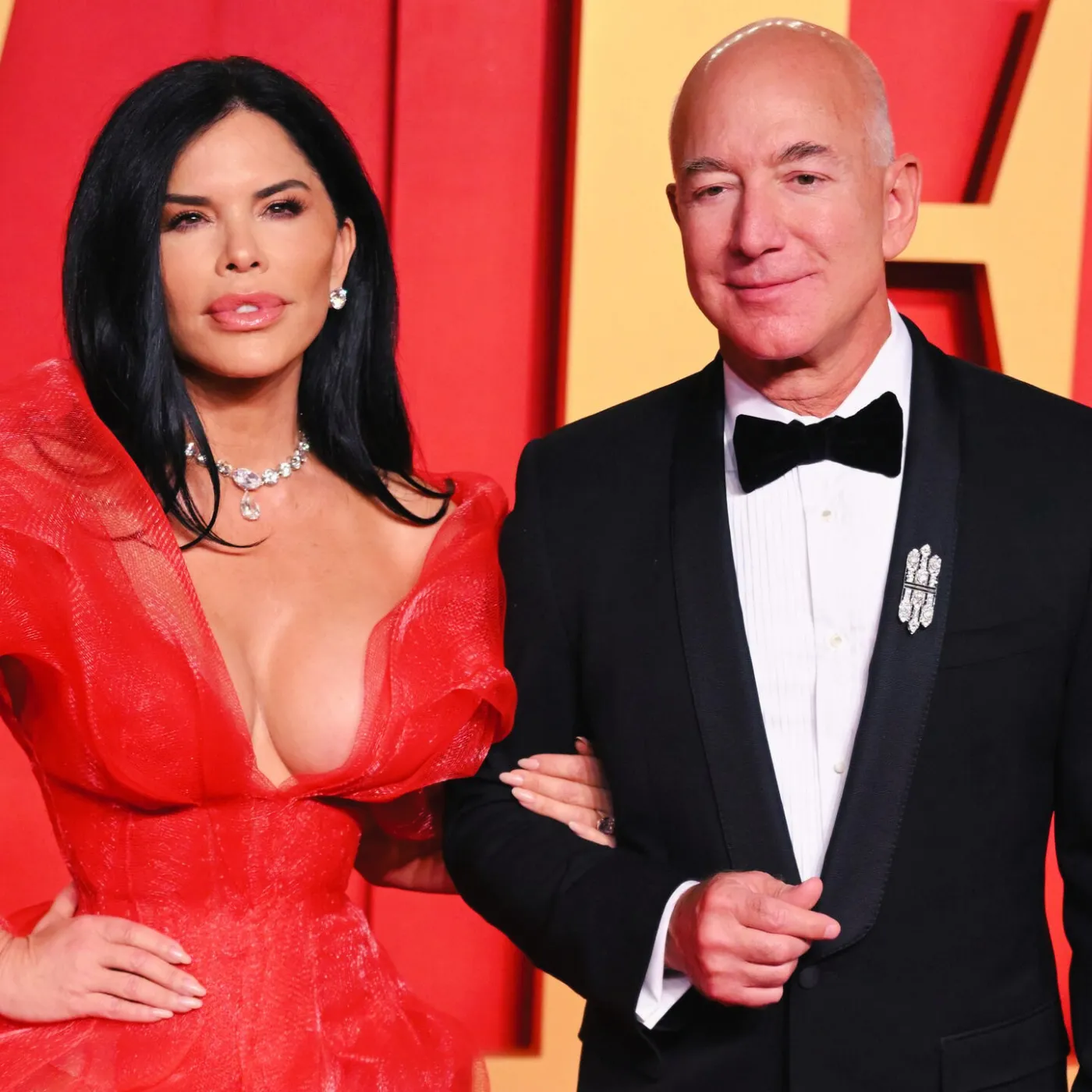

Elon Musk’s Congratulations to Gukesh Generated a Lot of Controversy
Elon Musk is no stranger to controversy, but his recent congratulations to Gukesh Dommaraju, the newly crowned World Chess Champion, have set the internet ablaze. Musk, known for his bold moves in business and social media, posted a simple “Congratulations!” to Gukesh after the 18-year-old chess prodigy made history by defeating China’s Ding Liren in the FIDE World Chess Championship. What seemed like a supportive gesture quickly sparked a wave of debate. Was Musk’s message genuine, or was there an underlying motive behind it?

The Chess Champion’s Historic Victory
Gukesh Dommaraju’s victory marked a pivotal moment in the world of chess. At just 18 years old, he became the youngest ever World Chess Champion, a feat that earned him admiration from chess enthusiasts worldwide. The young star celebrated his victory with the message, “18th @ 18!”—highlighting both his achievement and his age. In response, Musk tweeted a simple “Congratulations!” However, what seemed like a straightforward message quickly raised eyebrows. Musk’s tweet was brief, almost too casual for such a monumental occasion.
A simple congratulations, or a missed opportunity?
While some fans were delighted to see Musk acknowledge Gukesh’s achievement, others felt the billionaire’s comment was impersonal and somewhat dismissive. Critics pointed out that a figure as prominent as Musk could have used the moment to offer a deeper, more meaningful recognition of Gukesh’s incredible accomplishment. Instead, his message was reduced to a one-word compliment, which some considered to be a missed opportunity to truly celebrate the young champion’s hard work and dedication.

Many questioned if Musk’s congratulations were authentic or merely a PR move. Musk’s history of strategic use of social media for personal and business gain has made people skeptical of his every move. Was he truly impressed by Gukesh’s win, or was this just another way for Musk to stay relevant by associating himself with a rising star?
The Power of Social Media and Personal Branding
Elon Musk’s presence on social media is a key component of his personal brand. With millions of followers across various platforms, his words often have a significant impact. By congratulating Gukesh, Musk was effectively endorsing the young champion’s achievement in front of a vast audience. However, many argue that Musk’s tweet was more about positioning himself as someone who recognizes talent and success, rather than genuinely celebrating Gukesh’s victory.
In a world where branding and reputation are everything, Musk has mastered the art of using social media to maintain his influence. Gukesh’s victory brought chess into the spotlight, especially among younger audiences who may not have followed the game as closely before. By acknowledging Gukesh’s win, Musk may have been attempting to align himself with a fresh, exciting part of the entertainment world, appealing to a new demographic.
A Larger Debate on Public Figures and Their Influence
Musk’s tweet also reignites the debate about the role of public figures in shaping conversations on social media. Should someone as influential as Musk offer more than a generic congratulations message? After all, Gukesh’s victory wasn’t just about winning a game of chess; it was about a young individual proving his immense talent and discipline. Many believe that public figures, especially those as influential as Musk, have a responsibility to engage more deeply when acknowledging such achievements.
A single tweet from someone like Musk can amplify a message to millions, making it even more important for these figures to take the time to make their messages meaningful. Fans of Gukesh, along with those who follow Musk, may have expected more than just a simple “Congratulations”—they may have hoped for something that demonstrated a deeper appreciation for the significance of the moment.
Public Reaction: Praise and Criticism
After Musk’s tweet, the reactions were divided. On one side, supporters felt Musk was doing his part in recognizing a significant achievement. However, critics were quick to point out that the message felt more like an afterthought rather than a heartfelt acknowledgment. Some even argued that Musk’s tweet was an attempt to ride on Gukesh’s coattails for his own benefit.

Despite the controversy, it’s clear that Musk’s tweet generated attention. Whether people agreed with the message or not, it spurred conversations across social media platforms, further proving Musk’s ability to capture public interest.
Was It More Than Just a Tweet?
In the end, Elon Musk’s congratulations to Gukesh sparked a much larger conversation about the role of public figures on social media and the expectations fans have for their responses. Was Musk’s message genuine, or was it simply a calculated move to remain relevant in the public eye? While the controversy rages on, one thing is certain: when Elon Musk is involved, people are always paying attention. The incident reminds us that even the simplest of gestures on social media can lead to debates, opinions, and lasting impressions. Whether for better or worse, Musk’s message will undoubtedly leave a mark on the conversation surrounding Gukesh Dommaraju’s historic victory.


















